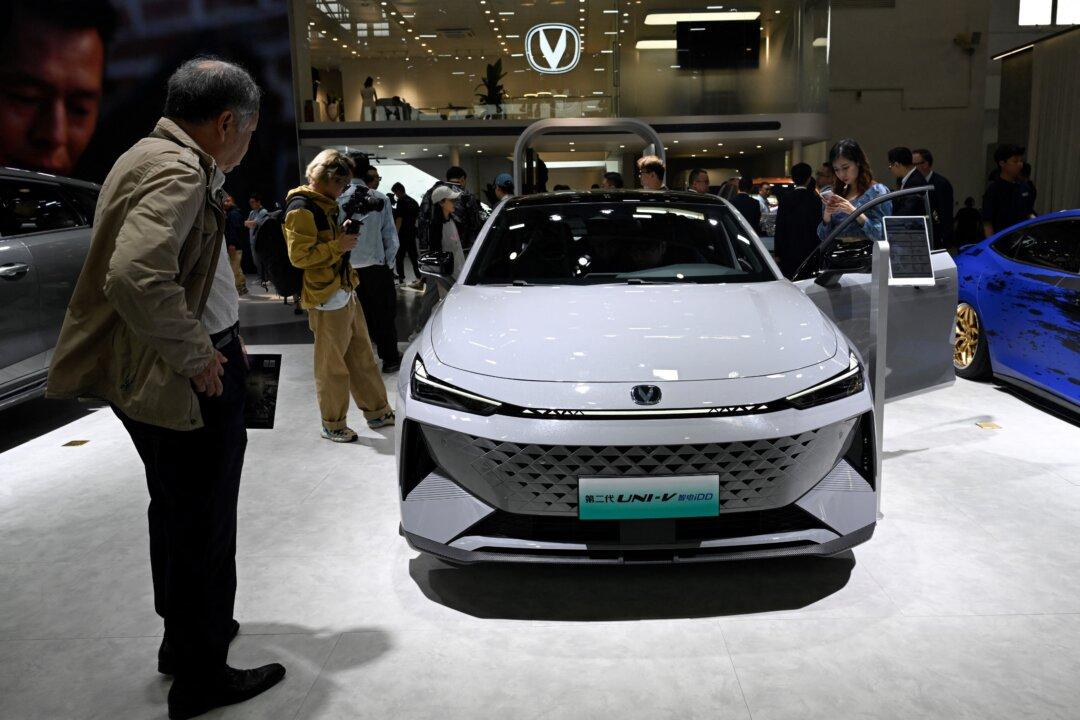News Analysis
The United States recently hiked tariffs steeply on an array of Chinese imports. The higher tariffs may be doubly painful for some of China’s biggest automakers—those with ties to the Chinese military. It’s a sector that is already being buffeted by geopolitical tensions over Chinese support for Russia.





